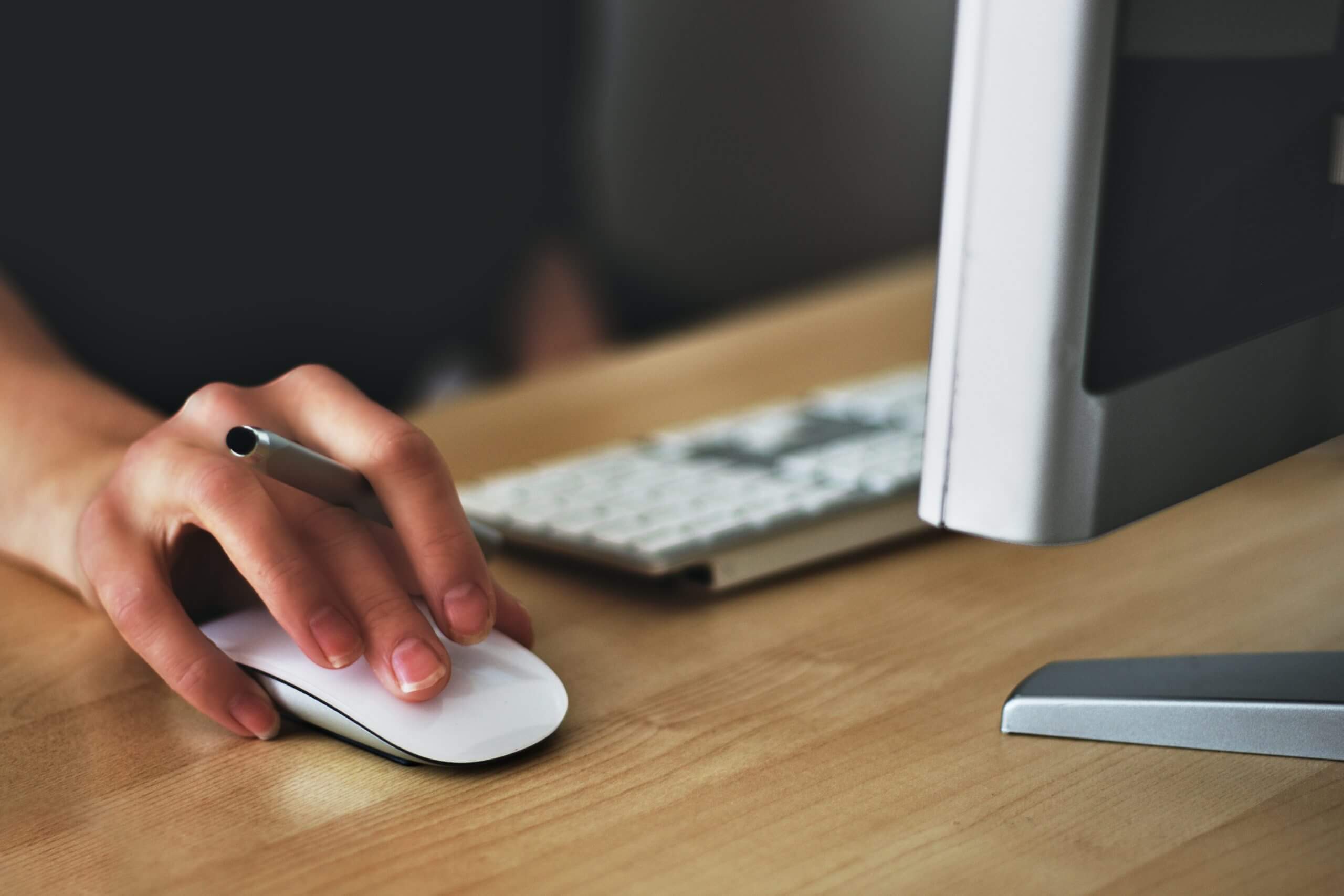
Katrina Gaffney, External Affairs Officer, Money and Mental Health
Tools to help you manage money during the coronavirus outbreak
31 March 2020
For most people, the past few weeks have been about adapting the best we can to a world which is rapidly changing due to the coronavirus outbreak. And for many of us, the pace of change to everyday life will have had an impact on our mental and financial wellbeing.
Thankfully, there’s lots of great advice and information out there to help people cope with the potential effects on their mental health and finances. But for anyone worried about managing money in the coming weeks and months, it may also be worth considering other tools available online and from financial firms to help people protect themselves and their financial wellbeing when their circumstances change.
Below you can find some ideas on tools which might be useful in helping you to manage money in the coming weeks and months. We understand that these tools are no substitute for adequate sick pay or timely access to a supportive benefits system, but we hope they might help make things a bit easier for people trying to manage their financial wellbeing during the Covid-19 outbreak.
Gambling blocks
Over the next few months, people will be spending more time at home than they might be used to, and our ability to socialise with others will be curtailed (well our ability to socialise in person at least). But, given that we’ll have a bit more time on our hands, some people might find themselves turning to other pursuits – including online gambling. Indeed, recent reports suggest that since the coronavirus lockdown, an increasing number of people have moved from betting on sports to riskier casino and slot games.
That temptation could be particularly strong for people who have seen a drop in income or job loss due to the coronavirus lockdown. And for those of us struggling with mental health problems, the harm caused by problem gambling can be particularly acute, and quitting can be particularly hard.
But the good news is that there are tools to help people protect themselves. A number of banks now offer their customers the option to block spending on gambling on their debit cards – including Lloyds, Barclays, HSBC, Santander, Monzo and Starling. The way these gambling blocks work varies between banks – with some offering a helpful 24 or 48 hour ‘cooling off’ period, which means you have to wait for a period of time between turning the gambling block off and being able to spend. This ‘friction’ can give people time to reflect and potentially minimise the harm of impulsive decisions.
If your bank doesn’t offer a gambling block, or you want another layer of friction, then you can also sign up to self-exclude yourself from gambling websites through GamStop. These measures can be a way to protect yourself, especially if you’re vulnerable to impulsive behaviour.
Website blockers
The digital age is a wonderous thing – it can help us stay connected and entertained during this challenging time. However, there are a few things we might need to be wary of – online shopping included. It’s natural to feel a bit worried about what’s happening in the world right now, and some people might seek to cheer themselves up with shopping – even if they might struggle to afford it. Our research has highlighted that people experiencing mental health problems can struggle with impulse control – combine this with the ease of availability of online shopping and prolonged periods of isolation, and people could find themselves falling into financial difficulty.
Money and Mental Health previously piloted ‘the Shopper Stopper’ – a plugin tool which allowed people to set ‘opening hours’ for online shops. We found that in 85% of cases where a user came up against the block screen, they navigated away from the shopping site – showing that it was effective at preventing spending. While this tool is no longer available, there are many free alternatives which could help people give people more control over their online shopping over this period, including tools such as ColdTurkey and Icebox.
Budgeting tools
A change in working hours or caring requirements, combined with changing spending patterns, might affect people’s ability to budget. For some people it will be helpful to make sure they have money ring-fenced for essentials like bills and food shopping. Some banks offer ‘jam-jarring’ tools and apps to help people manage money this way – we’d like to see financial firms taking steps to make these kinds of tools more available in the current climate.
If you need advice or support with either your mental health or finances, you can find more information here.
